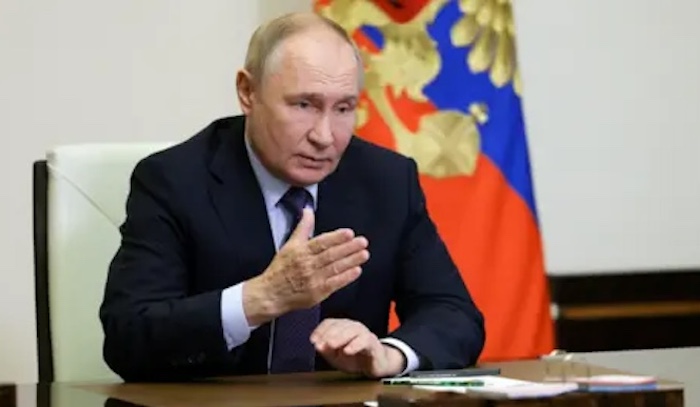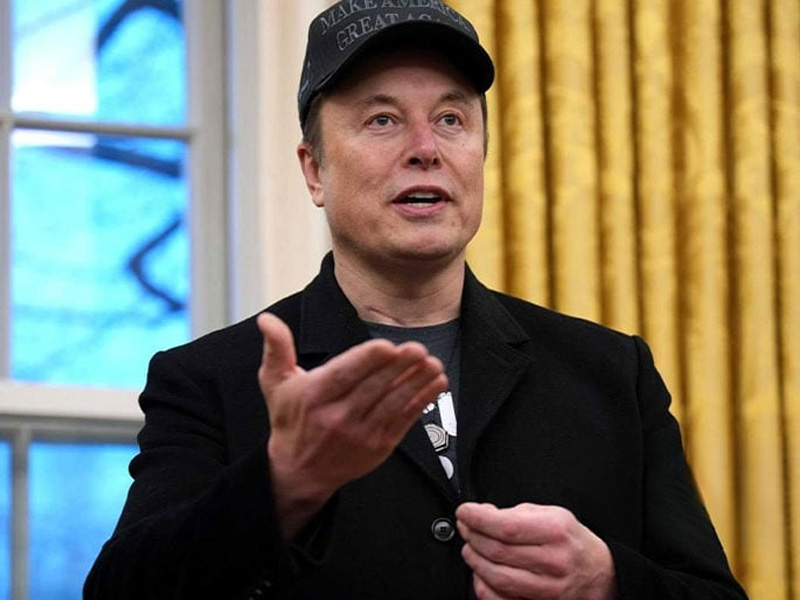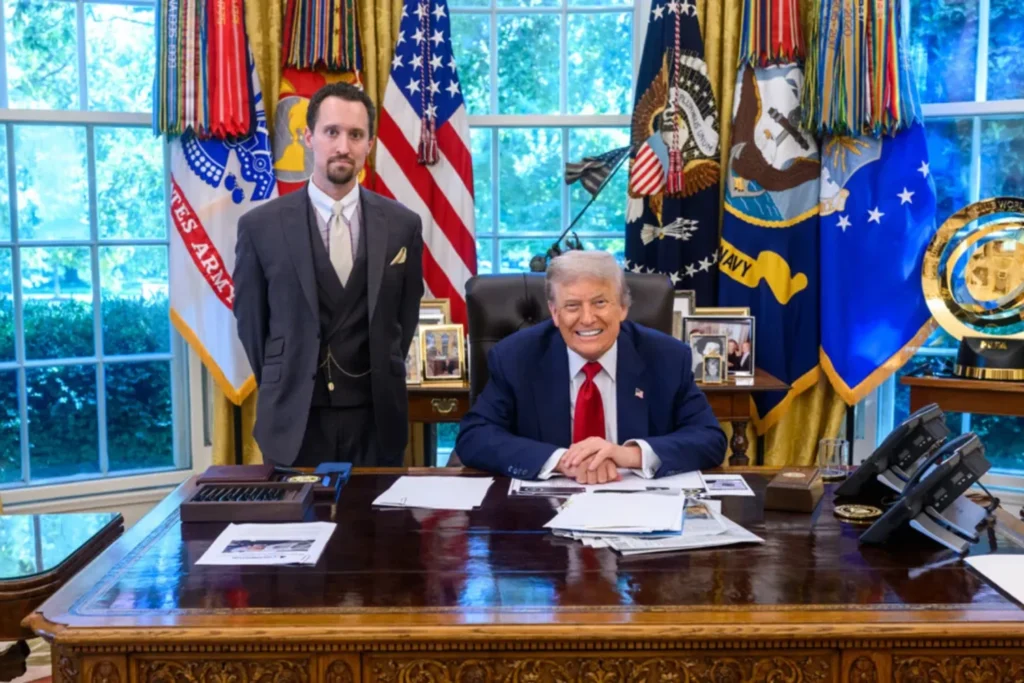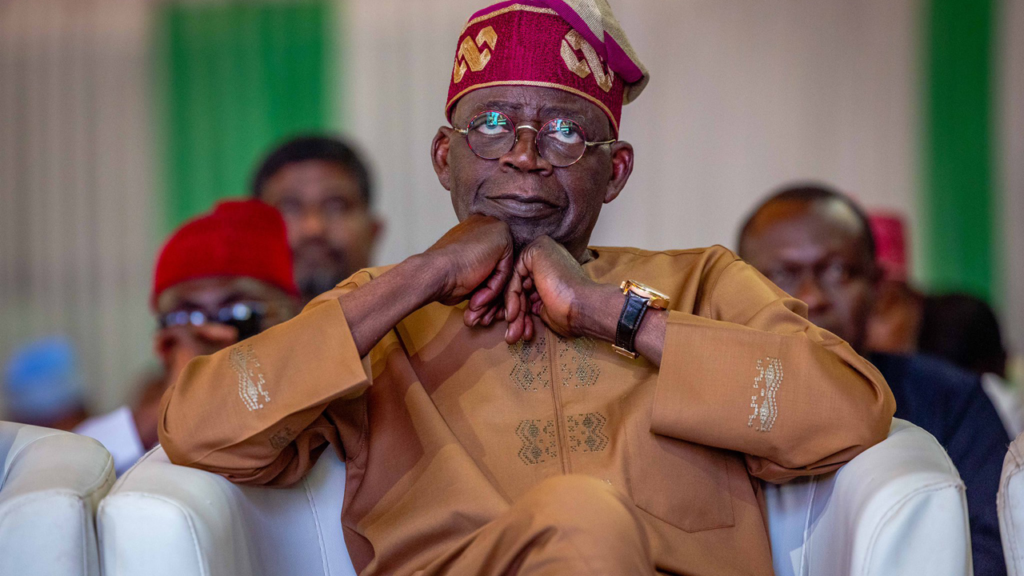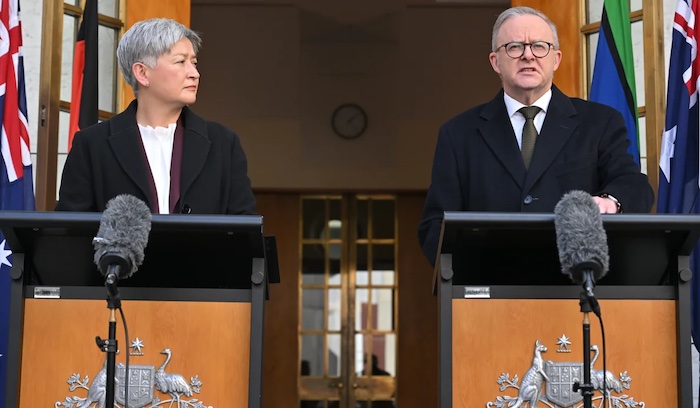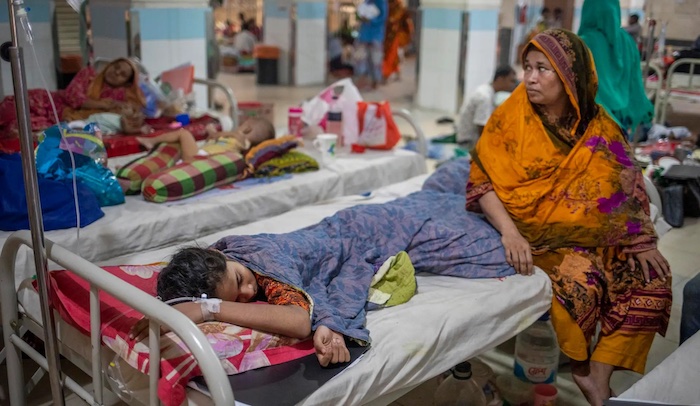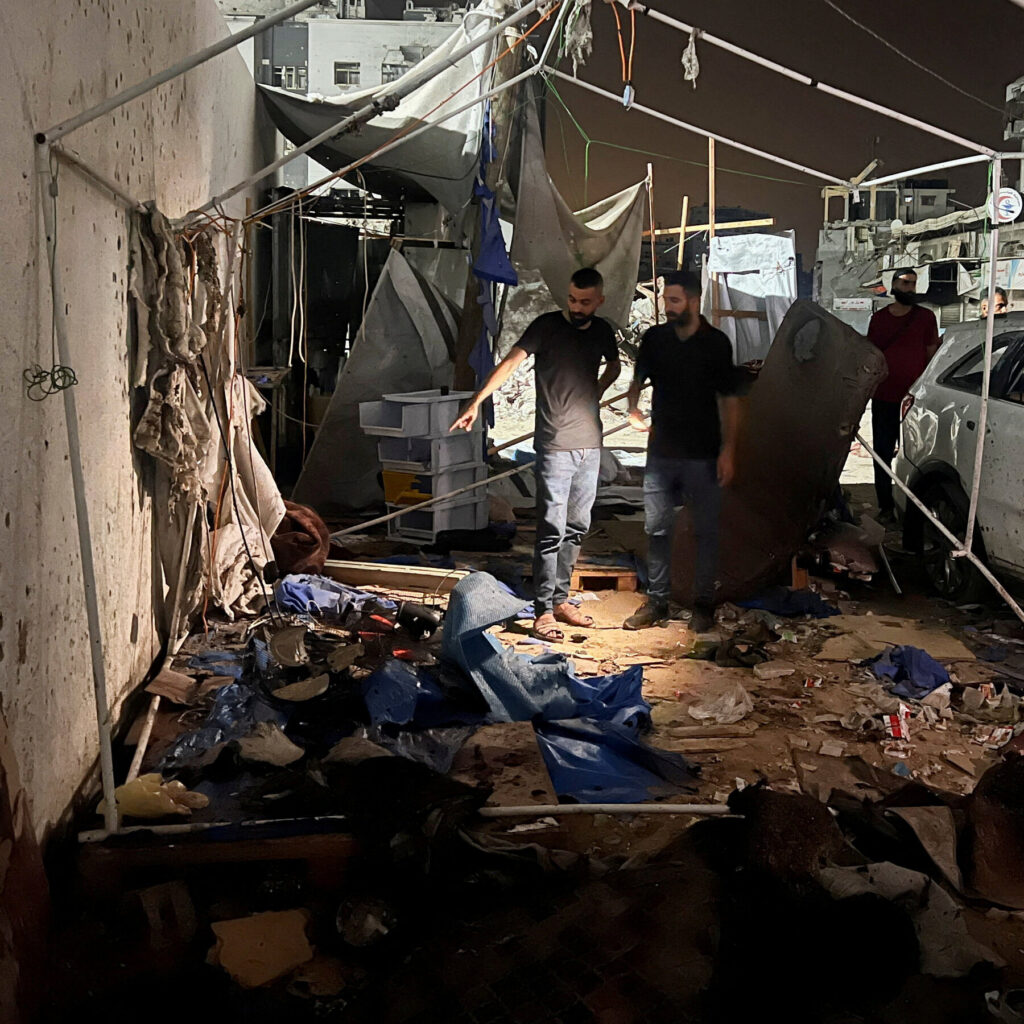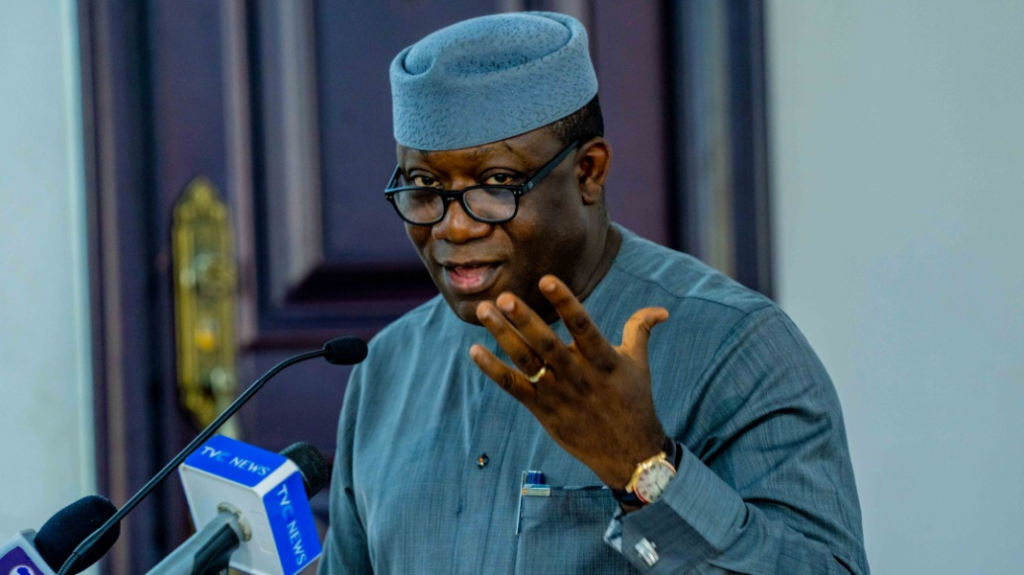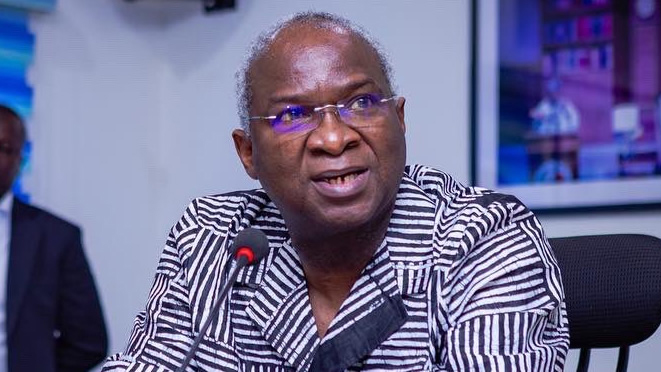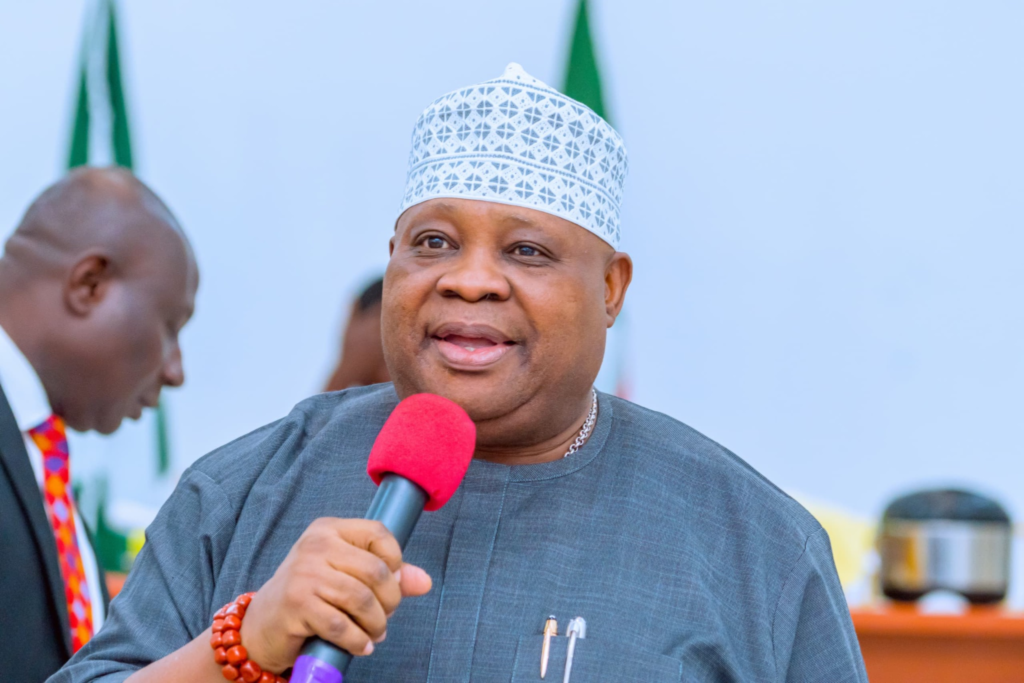Russian President Vladimir Putin is reportedly prepared to consider ending the war in Ukraine—provided Western leaders agree to a set of stringent conditions, including a formal pledge to halt NATO’s expansion eastward and the lifting of key economic sanctions, according to three sources familiar with the negotiations.
While U.S. President Donald Trump has voiced a desire to end what has become Europe’s deadliest conflict since World War II, he has recently taken a more critical stance toward Putin. On Tuesday, Trump warned that the Russian leader was “playing with fire” by refusing to engage in ceasefire talks with Ukraine, despite recent territorial gains by Russian forces.
Following a phone call last week between Trump and Putin that reportedly lasted over two hours, the Kremlin agreed to begin drafting a memorandum that could form the basis for a peace framework, including a timeline for a potential ceasefire. Russian officials say work is underway on their version of the document, but no clear timeline for its completion has been provided.
Ukrainian and European officials accuse Moscow of deliberately stalling the talks to strengthen its military position in eastern Ukraine.
“Putin is ready to make peace—but not at any price,” said a senior Russian official with knowledge of internal Kremlin discussions, who spoke on condition of anonymity.
According to the three Russian sources, Putin’s demands include a written guarantee from Western powers that NATO will not expand further eastward—a move that would block future membership for Ukraine, Georgia, Moldova, and other post-Soviet states. Additional conditions include Ukraine adopting a neutral status, the partial rollback of Western sanctions, the unfreezing of Russian state assets held abroad, and legal protections for Russian-speaking populations within Ukraine.
One of the sources added that if Moscow is unable to secure these terms through negotiation, it intends to continue pursuing military gains to strengthen its position and potentially impose harsher terms later.
The Kremlin did not respond to Reuters’ request for comment. However, Russian officials have consistently insisted that any peace agreement must address what they call the “root causes” of the conflict—chiefly NATO expansion and the West’s military support for Ukraine.
Kyiv, meanwhile, has dismissed Russia’s conditions as unacceptable. Ukrainian officials maintain that Moscow should not be allowed to dictate Ukraine’s security partnerships and insist on firm Western guarantees to prevent further aggression. President Volodymyr Zelenskyy’s administration did not comment on the reported negotiations.
NATO, which now comprises 32 member countries, has reiterated its commitment to its “open door” policy and has shown no signs of changing its stance under Russian pressure. The alliance declined to comment on the matter.
The war began in February 2022 when Russia launched a full-scale invasion of Ukraine, escalating a conflict that had simmered since 2014 in the eastern Donbas region between Ukrainian forces and Russian-backed separatists.
Russia currently occupies nearly 20 percent of Ukrainian territory. Despite recent advances, the prolonged war has inflicted severe costs on both sides, with rising casualties, devastated infrastructure, and mounting economic tolls.

